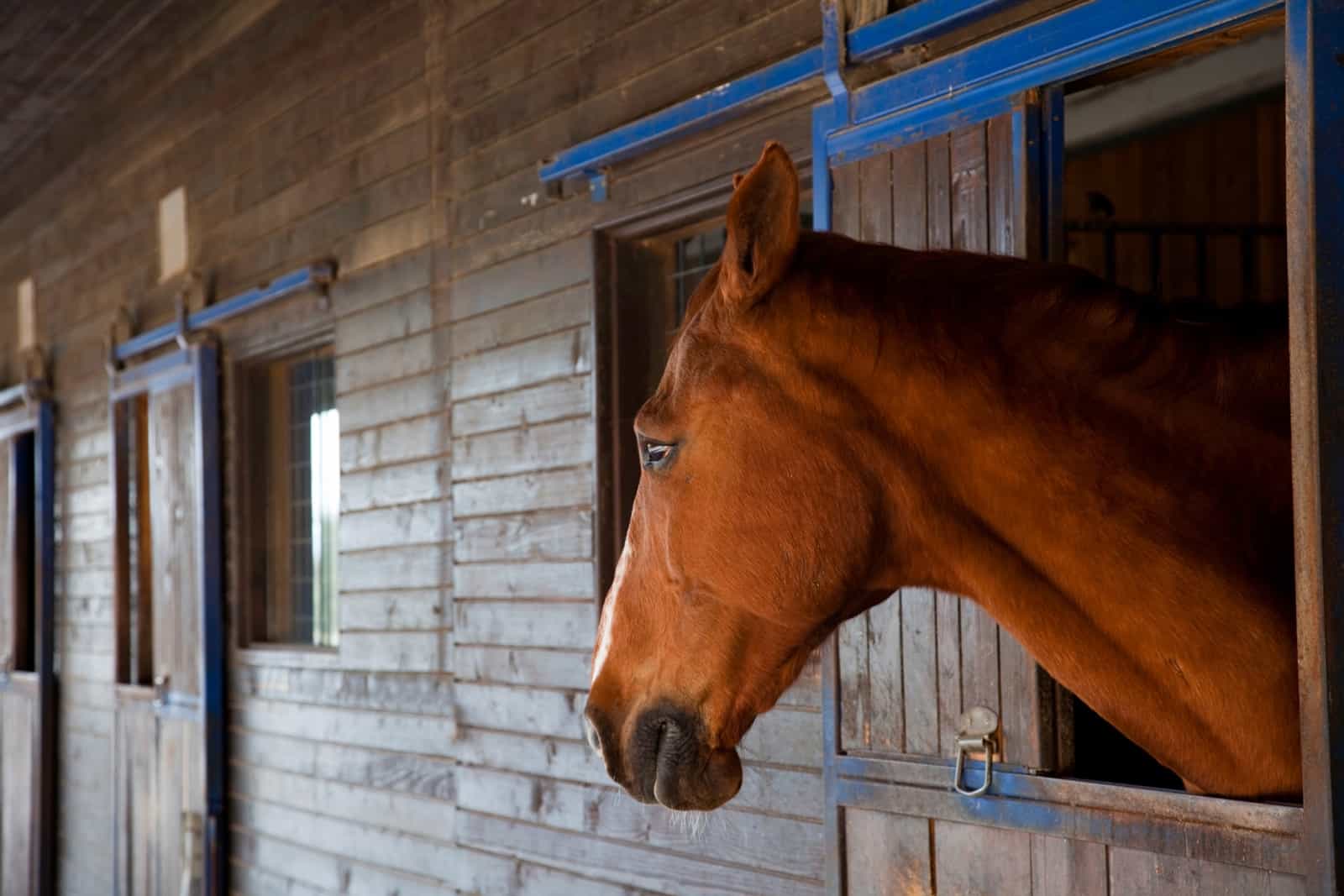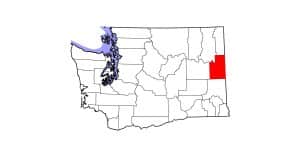In The News: Coronavirus

Q. I’ve recently read two articles on TheHorse.com about coronavirus in horses (“What is Equine Coronavirus?” and “Coronavirus Recovery and Leaky Gut Syndrome”), which I’d never heard of before. Now I’m seeing news reports about coronavirus in humans in China, with cases now identified in the United States. I even read the disease is so serious its reporting has affected investment markets. However, I’m confused because the news is talking about a respiratory disease, while The Horse is describing a stomach bug. Is this the same disease that horses get, and is it contagious among different species?
A. The recent reports in the news media of cases of respiratory disease in humans in the P.R. China have linked these occurrences to infection with a previously undiscovered member of the coronavirus family. This family of viruses is so named because of their crownlike shape when visualized using an electron microscope. The virus is distinct from two other coronaviruses that also cause respiratory disease in humans: SARS (severe acute respiratory syndrome), which was first discovered in China in 2002, and MERS (Middle East respiratory syndrome), which was first identified in Saudi Arabia in 2012. These three viruses are very important human pathogens, highly contagious and capable of causing widespread disease and a variable mortality rate. Members of the coronavirus family also cause disease in certain domestic animal species, including horses (equine coronavirus infection), swine (transmissible gastroenteritis), cattle (winter dysentery), chickens (infectious bronchitis), and cats (reline infectious peritonitis) to name several.

Coronavirus infection in horses is a relatively recently recognized disease affecting the enteric (intestinal) tract of adult equines. A variety of outcomes have been reported following oral exposure of horses to equine coronavirus. Many experience only an asymptomatic (showing no clinical signs) infection. Others develop fever, diminished appetite, and a variable degree of depression, but no signs of enteric involvement. About 20% of infected horses develop signs of clinical disease, with soft feces and evidence of colic in certain individuals. Fewer than 5% of cases might exhibit signs of neurologic involvement believed to be attributable to hyperammonia in the enteric tract
Create a free account with TheHorse.com to view this content.
TheHorse.com is home to thousands of free articles about horse health care. In order to access some of our exclusive free content, you must be signed into TheHorse.com.
Start your free account today!
Already have an account?
and continue reading.
Written by:
Peter Timoney, MVB, MS, PhD, FRCVS
Related Articles
Stay on top of the most recent Horse Health news with












